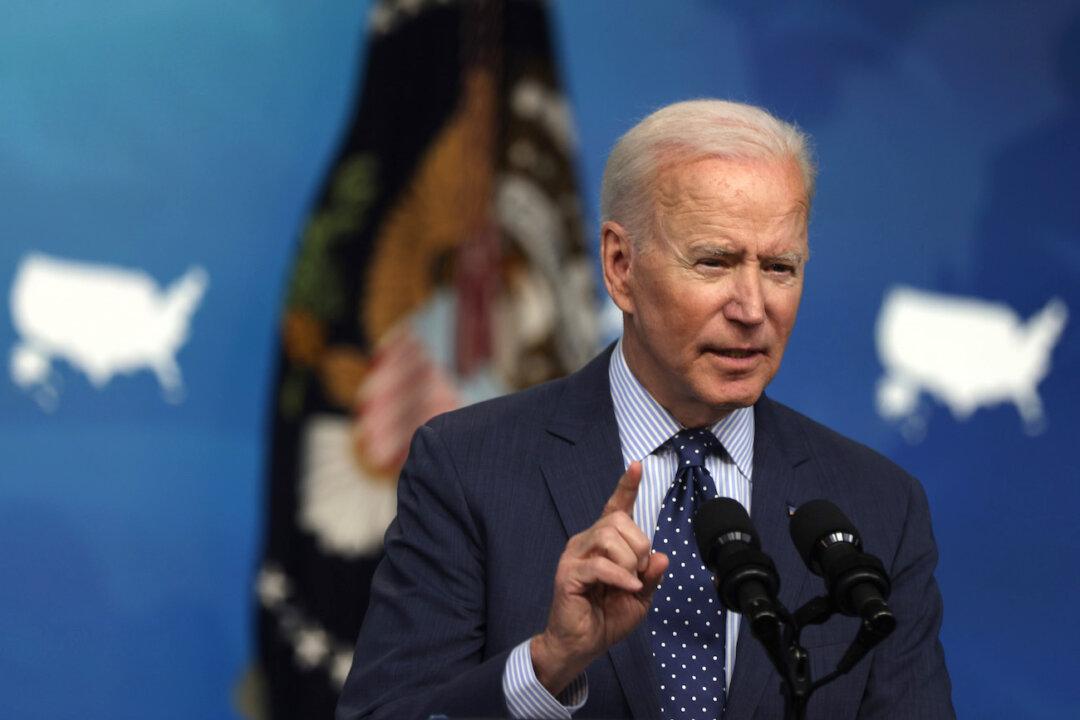President Joe Biden announced on June 7 he will direct the Department of Justice (DOJ) to defend the move to exclude Puerto Rico residents from receiving Social Security Income benefits if they’re elderly, disabled, or blind, as well as low income—adhering to the same policy as his predecessor, President Donald Trump.
In a statement, the president said the agency will defend the constitutionality of federal law in a challenge against a provision in the Social Security Act that excludes Puerto Rico, an unincorporated commonwealth under U.S. jurisdiction. Biden added that he opposes the Supplemental Security Income provision in question, but says the DOJ has the duty to defend the policy in front of the U.S. Supreme Court.





